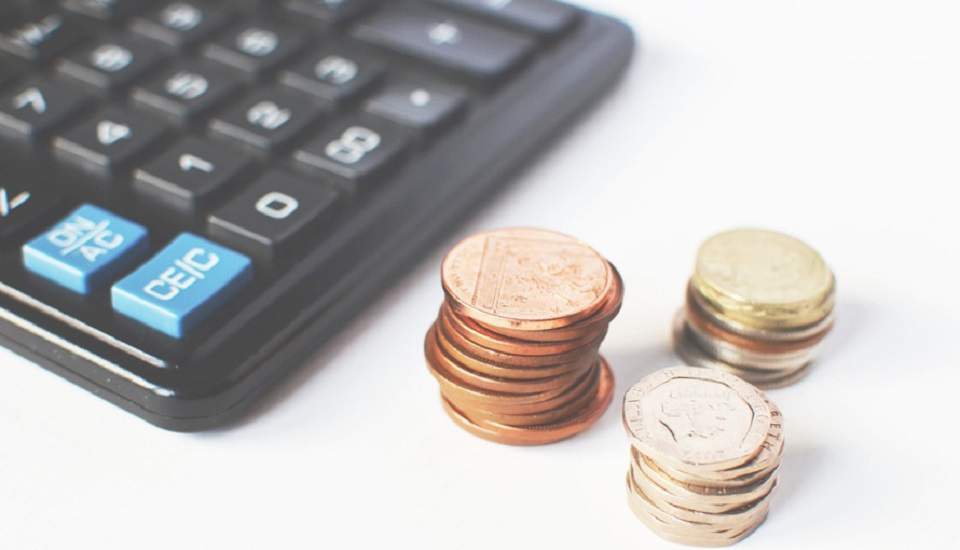We sometimes go through periods of unstable finances. During these times, we may feel like there’s no light at the end of the tunnel. Debt can quickly rack up and once it does our lives sometimes spiral out of control.
When things go awry, there are some ways you can stop things getting worse. But it’s always better to keep an eye on your money and finances to make sure it never happens in the first place. If you’ve always been a bit unsure of money, staying in control can be fairly tricky and often seem overwhelming. To help you out, we’ve created this guide on how to manage your financial situation better.
Set Up A Budget
If you don’t already have a budget, you really should create one right away. First things first: make a spreadsheet. In the sheet, you need all your incoming and outgoing money. Enter in any bills you know will be leaving your account each month. Deduct all this from your monthly incoming. The money you’re left over with will give you an idea of how much you can spend on groceries and leisure activities.
Pay Of Credit Cards And Loans
This step is often easier said than done. However, it is still possible, even if it does take you quite a while. Each month take a look at your budget and see how much money you have made. Take a small chunk of this money and use it to pay off any credit cards and loans. It’s better to start doing this sooner rather than later to prevent any interest building up on your bill. Once you get your loans in order, you’ll have a better credit check. If you want to know what makes for a good credit check, take a look at WhatLendersSee.
Aim For A Savings Goal
If you have something you want to buy, then you have a good reason to start saving. Even if you don’t have anything in mind to buy, you should still have a saving goal to aim for. This then prevents you from splashing your cash too often when shopping. Look at your budget once more. If you have any extra money, squirrel it away into a savings account. This is great protection for yourself. If you ever accidentally fall into debt, you can use your savings to get you back into the black.
Invest Your Savings
Once you have a nice pile of savings, you may want to think about investing them. It’s no use keeping them in an account which has a low-interest rate. You can also invest in many other ways. Buying stocks and shares are a good way of making a profit, but they also run a considerable risk of losing money too. If you don’t want to play risky with money, put some of it in an ISA. These tax-free savings accounts often come with fantastic interest rates.
If you use these four pointers as the basic foundations to help you manage your cash, you’ll rarely see yourself dip back into the red.












Add Comment